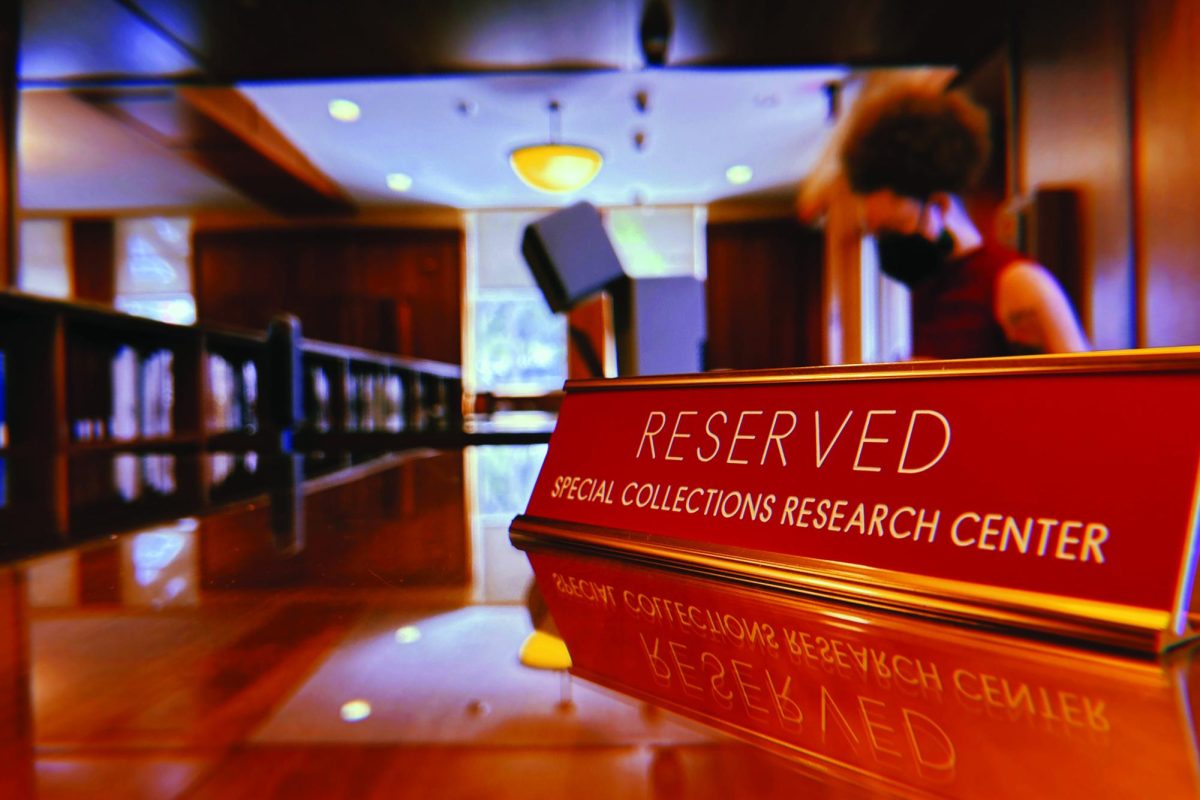Tupac Shakur practiced it. So did the “father of chemistry,” Jabir Ibn Haiyan. And now, Muslim students across campus are joining together to fast and strengthen their faith as part of practicing Ramadan.
“Ramadan is actually one of the lunar months of the year,” Ibraheem Khalifa, a senior in computer engineering and member of the Muslim Student Association, said. “It’s considered special because Muslims believe it is the month in which the Quran was finalized.”
The Quran, Khalifa said, is the holy book for Muslims.
Muslims who practice Ramadan fast from sunrise to sunset, but the month is not only about fasting.
“Specifically, you’re supposed to fast. That’s the only thing required, but generally you’re supposed to improve yourself as a person — try to reduce bad habits like cursing and behaving rudely and talking back to your parents,” Laith Khalil, a junior in business management, said.
“We believe that during Ramadan the devil is locked up or put in chains so any bad thing you do is a direct result of yourself and not the devil,” he said.
Khalifa said Ramadan is important to him because of his faith and what he learns while practicing it.
“Personally what I find really rewarding about Ramadan is the tranquility and peace of mind that really comes along with it,” he said. “Having to fast, we don’t get to drink or eat anything from sun up to sunset and by doing that you kind of get a sense of what people not quite as advantaged as you have to go through.”
Khawar, who said he is fasting, said he also practices because it is more to him than a requirement of his religion.
“Fasting provides a lot of things,” he said. “Like during Ramadan, because I’m forcing myself to be disciplined with fasting, I try to be disciplined with other things and it really helps.”
Khawar added that fasting should not be seen as a punishment.
“Fasting isn’t about punishing yourself or anything along those lines at all,” he said. “If you’re sick or if you’re pregnant or anything logical where you can’t fast, you don’t and later you make it up.”
He said nobody dies from fasting, pointing out that he has a friend with diabetes who has never fasted.
“He’s no less Muslim than anyone else who does fast,” he said.
Khalifa said the main reason he is practicing Ramadan is because it’s a part of his faith.
“I believe in God and I believe that these are the commands he has sent down for the pillars of faith that we follow,” he said. “That’s primarily why I fast.”
Every Thursday MSA will have an iftar in which Muslims who are fasting join together and break the fast. In addition, MSA is hosting a Fast-a-thon on Oct. 10.
“It’s to show non-muslims just what it’s like for a muslim,” Waqaar Khawar, a senior in computer science and treasurer for MSA, said, adding the event is a charity event to benefit the United Nations Children Fund.
“We’re getting business sponsors and other people who want to sponsor to sponsor the event and for every non-Muslim we get to come … each sponsor will donate a certain amount of money for each person to the charity,” he said.
The day after Ramadan, Eid Al-Fitr, marks the end of fasting and is a day of celebration.
“We’ve gone through this month of faith building and strengthening and it’s a time that you spend with family and friends and you feast,” Khawar said. “It’s kind of like a reward … but you also have a great time. That’s basically what it’s about.”



